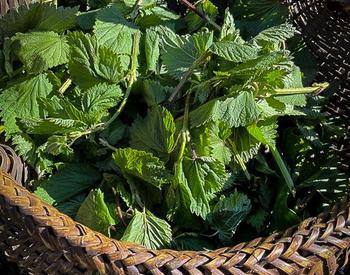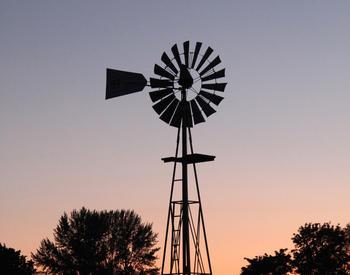NEWPORT, Ore. – In a short time, Oregon State University Extension Service has built a collaborative team of professionals that’s reaching deep into Latino and Indigenous communities in Lincoln County to provide culturally relevant COVID-19 information.
The effort has focused on providing urgent video communications in Spanish and Mam – a language spoken by more than a half-million people in Guatemala – in response to the COVID-19 outbreak in the county.
So far, they’ve produced several videos in Spanish and Mam that have been viewed collectively hundreds of times.
The information in the videos includes guidance on how to prevent the spread of COVID-19 and, most importantly, where to get help locally for such things as getting fabric face masks, filling out rental assistance forms, navigating the healthcare system, and how to get groceries when needing to quarantine.
“The key to these videos is that they are recorded by community members for community members,” said Dusti Linnell, an assistant professor of practice in OSU Extension Family and Community Health program. “The information is coming from trusted friends, family, neighbors and coworkers through the communications channels they use most. It also reinforces what they are hearing from Lincoln County Public Health and the Oregon Health Authority.”
In June, preliminary results from door-to-door sampling as part of OSU’s TRACE-COVID-19 project suggested that 3.4% of the 10,600 Newport residents had the novel coronavirus that causes COVID-19.
The results indicated that the virus was “fairly prevalent” in Newport, which has about half the population of Lincoln County. A second round of testing by OSU in July suggested a significantly lower prevalence – 0.6%.
Although the identities of those who tested positive in the TRACE-COVID-19 project haven’t been revealed, Latino and Indigenous people constitute at least 16% of the Newport population. Pacific Seafood, which employs many international seasonal workers, announced in June that 124 of its workers had tested positive in Newport.
“The outbreak disproportionately affected members of the Latino and Indigenous communities,” said Rebecca Austen, health department director for Lincoln County Health and Human Services.
“The June results of the TRACE-COVID-19 project in Newport were alarming,” Linnell said. Also concerning was the fact that there were scant local materials on COVID-19 in Spanish and Mam, which is generally not a written language. This propelled many local organizations to increase outreach in Spanish and Mam.
Linnell, who serves Tillamook and Lincoln counties, connected with Beatriz Botello, Extension SNAP-Ed program assistant in Lincoln County and member of the Newport City Council. Botello is active in Listos, a project that is involved in emergency preparedness among the Spanish-speaking community members in the county.
Botello convened two listening sessions that revealed significant communication gaps.
Botello served as an interpreter at the sessions and asked community members to share their experiences. That turned into some important actions right away.
“We recognized there were issues with reaching members of the Latino and Indigenous communities in Newport and we needed to do things differently,” Botello said.
This led to the collaboration between Extension, OSU’s College of Public Health and Human Sciences, Lincoln County Health and Human Services, Olalla Center and other community partners.
“Lincoln County Health and Human Services partnered with Oregon Health Authority to establish a helpline for Mam speakers,” Botello said. “The Olalla Center and Lincoln County Health and Human Services worked on radio outreach, and we assembled a team to record videos.”
Linnell said, “A lot of the communication had been coming from government organizations and medical professionals, and not from local community members. We know that people get most of their health information from doctors, friends and family, so we asked members of Latino and Indigenous communities to record these messages for their friends and family.”
The scripts were developed by Extension with advisement from Lincoln County Health and Human Services, the Oregon Health Authority, the Olalla Center, which provides mental health services to children in Lincoln County, and other local organizations and community members. Botello and Alex Llumaquinga of the Olalla Center were instrumental in connecting with members of the Latino and Indigenous communities to identify needs and make the videos.
Linnell said that the videos are a first step in a long-term project to help build resilience among Lincoln County’s Latino and Indigenous communities and increase access to programs and services.


















